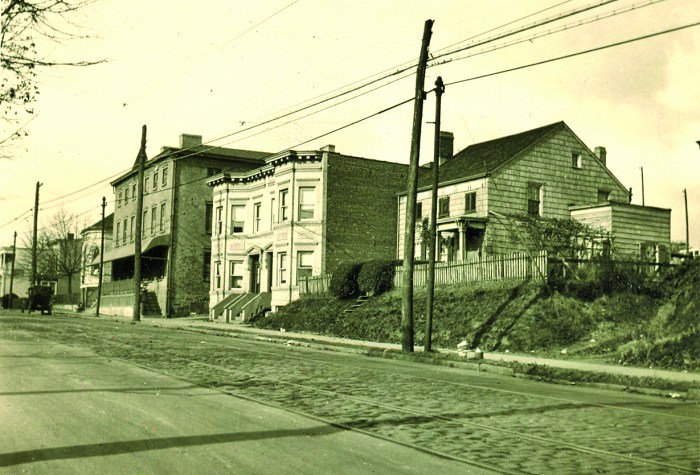
Uber owes its New York City drivers tens of millions of dollars in earnings after incorrectly docking its commission from trip fares over more than two years.
In what the online ride-hail company describes as a “mistake,” Uber has been taking its commission from drivers’ gross fares, when its contract with drivers clearly states that Uber’s commission is docked from net fares, which are calculated after the subtraction of sales tax and the fee for the Black Car Fund.
That breach of contract means driver earnings per trip were about 2.6% smaller than they should have been, according to the company.
Uber estimates that an average of $900 is owed to each of the tens of thousands of current and former drivers in New York City. In total, the company anticipates paying out tens of millions of dollars. It could not provide a more specific figure.
“Uber’s theft of drivers’ hard-earned wages is the latest in a long history of underhanded tactics in this industry,” said Jim Conigliaro Jr., founder of the Independent Drivers Guild, which represents more than 50,000 ride-hail drivers in the city. “Year after year, companies like Uber, Lyft, Juno and Gett become more valuable, and year after year they find new ways to take advantage of hardworking drivers.”
The error began under a new contract for drivers on Nov. 10, 2014, as part of a new national driver-partner agreement, according to two representatives for Uber, and went unnoticed until the company itself spotted the mistake less than three weeks ago, while working to restructure how drivers view their earnings, the representatives said.
Uber has not found a similar contract breach in operations in any other state, they said.
But this issue of wage theft is part of a larger lawsuit filed in federal court in Manhattan last June by the New York Taxi Workers Alliance, which represents 5,000 Uber drivers, against the company. The ongoing lawsuit claims that the ride-hailing company cheats drivers of wages without offering protections they’d get as employees.
“For many drivers this could mean the difference of whether or not they were at minimum wage,” said Bhairavi Desai, founder of the NYTWA, who brought up the commission issue during a Taxi and Limousine Commission finance hearing on April 6. “[The repayment is] the most significant wage victory for Uber drivers in New York City, and it’s at the heart of our litigation. This is going to be seen through the courts.”
Uber began correctly pulling its commission from drivers’ net fares on Monday, the company said.
Commissions range between 20% and 28%, depending on the service and tenure of drivers. The embattled San Francisco-based company, already in the throes of a public-relations nightmare thanks to a series of controversies around harassment allegations and other issues, is now working to pay back drivers their lost wages.
“We made a mistake, and we are committed to making it right by paying every driver every penny they are owed — plus interest — as quickly as possible,” Uber regional general manager Rachel Holt said in a statement. “We are working hard to regain driver trust, and that means being transparent, sticking to our word, and making the Uber experience better from end to end.”
Drivers were sent emails on Tuesday detailing how much money Uber owes them. For drivers who have been active within the last 90 days, the owed money will be directly deposited into their account.
Any active or inactive driver who has not worked for Uber within the last 90 days will receive an email from the company asking to confirm their bank account details. The money then will be deposited within two weeks.
The TLC is currently working to make earnings statements clearer for all licensed drivers.
“As was said at the industry economics hearing on April 6, drivers deserve real information about how their pay is calculated,” TLC spokesman Allan Fromberg said in a statement. “They also have an absolute right to clear and accurate earnings statements and a means of redress when that doesn’t happen. We provide this today for taxi drivers, and we intend to do the same for all our driver licensees.”






























